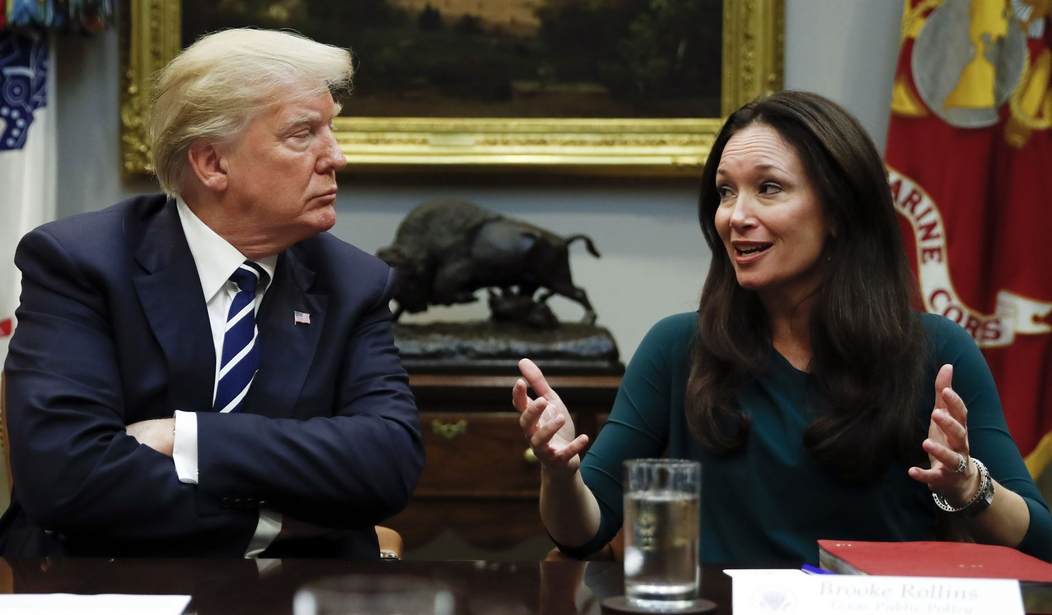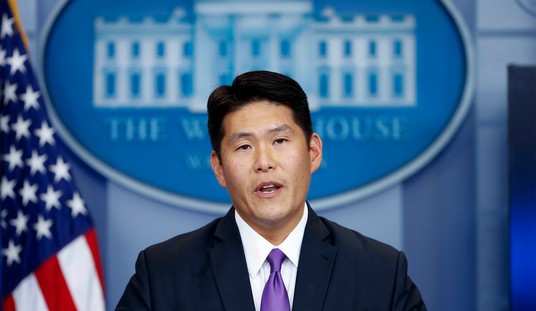Four Trump administration officials penned a recent New York Times op-ed calling on Congress to enact commonsense reforms that would require able-bodied adults to work in order to receive benefits.
“The increased share of welfare spending dedicated to able-bodied working-age adults distracts from what should be the focus of these programs: the truly needy,” wrote eHealth and Human Services Secretary Robert F. Kennedy Jr, Center for Medicare and Medicaid Services Administrator Mehmet Oz, Agriculture Secretary Brooke Rollins, and Housing and Urban Development Secretary Scott Turner. “This should not be the American way of welfare.”
The millions of adults who are capable of work have been added to welfare programs mainly due to Medicaid expansion, they explain, calling on members of Congress to pass reforms:
Some will argue that work requirements create barriers to resources. We disagree. We believe that welfare dependency, not work, is the barrier. There are millions of open jobs around the country, with more on the way as President Trump’s job-creation policies are fully implemented. And if someone can’t find one of those millions of open jobs, he or she can meet the work requirement through job training or volunteering part time.
This is about opportunity. We believe that work is transformative for the individual who moves from welfare to employment.
Yes, it is true that a work requirement protects taxpayer dollars as it provides income to the worker and lessens dependence on government funding. But it is not just about money. Work also provides purpose and dignity. It strengthens families and communities as it gives new life to start-ups and growing businesses. It provides an example to our next generation. And studies have shown that work can improve physical and mental health.
Work requirements will also give new life to America’s welfare programs, which are breaking under the weight of misplaced priorities. Our policy is reasonable and will protect welfare for the truly needy while improving the trajectory of millions of families — and of our federal government. (NYT)
Recommended
The officials pointed to public opinion surveys showing that 60-80 percent of Americans support requiring work for welfare, and they even recall the time then-Sen. Joe Biden did, too.
Plus, history shows work requirements achieve results:
In 1996, President Bill Clinton and the speaker of the House, Newt Gingrich, joined forces to enact bipartisan welfare reform with a work requirement at the heart of it. The results were astounding. As early as 1997, economists attributed a measurable increase in the national labor force participation rate and a decrease in dependency to welfare reform. That reform — combined with a strong economy and expanded tax credits for low-income workers — led to a steady decrease in rates of child poverty in the late 1990s. Today, the share of kids living in poverty is a quarter lower than it was in 1996. The 1996 welfare reform was so successful that Barack Obama, when he ran for president in 2008, admitted that he had been wrong about it. (NYT)
.@SecKennedy, @DrOzCMS, @SecRollins, @SecretaryTurner: If You Want Welfare and Can Work, You Musthttps://t.co/tm1NZO4l5M
— Rapid Response 47 (@RapidResponse47) May 14, 2025
The increased share of welfare spending dedicated to able-bodied working-age adults distracts from what should be the focus of these programs: the truly needy. I was honored to join @DrOzCMS @SecRollins @SecretaryTurner in authoring this piece for the New York Times ➡️… pic.twitter.com/NCPI26xU1g
— Secretary Kennedy (@SecKennedy) May 14, 2025
Work restores dignity. Work restores pride.
— Scott Turner (@SecretaryTurner) May 15, 2025
Welfare is for the most vulnerable. Welfare is not a lifestyle.
This is common sense compassion – we want able-bodied people receiving HUD assistance to work and become self-sufficient. https://t.co/my5jnqvsBu
As the officials note, congressional Republicans are currently working on welfare reform in the reconciliation package and bringing tax relief to the American people through "The One, Big, Beautiful Bill."





















Join the conversation as a VIP Member